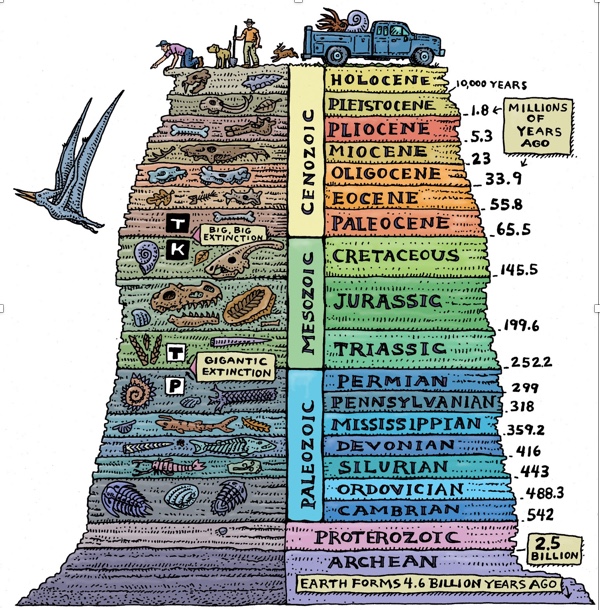What is Anthropocene? The word Anthropocene is derived from the Greek words anthropo, for “man,” and cene for “new,” coined and made popular by biologist Eugene Stormer and chemist Paul Crutzen in 2000. The formal definition to this word is ‘an unofficial unit of geologic time, used to describe the most recent period in Earth’s history when human activity started to have a significant impact on the planet’s climate and ecosystems.’ so, it is the era of which humanity impacts the earth substantially – an era we are in now. Many say that this began during the industrial revolution, the transition to new manufacturing processes in Europe and the United States, in the period from about 1760 to sometime between 1820 and 1840 when human activity had a great impact on carbon and methane in Earth’s atmosphere. Others think that the beginning of the Anthropocene should be 1945. This is when humans tested the first atomic bomb, and then dropped atomic bombs on Hiroshima and Nagasaki, Japan. The resulting radioactive particles were detected in soil samples globally.


Interesting research on Anthropocene, especially in relation to the first atomic bomb in Hiroshima and Nagasaki, Japan, resulting in radioactive particles being detected in soil samples globally. Perhaps a line of enquiry, resulting in some interesting visual connections and image taking?